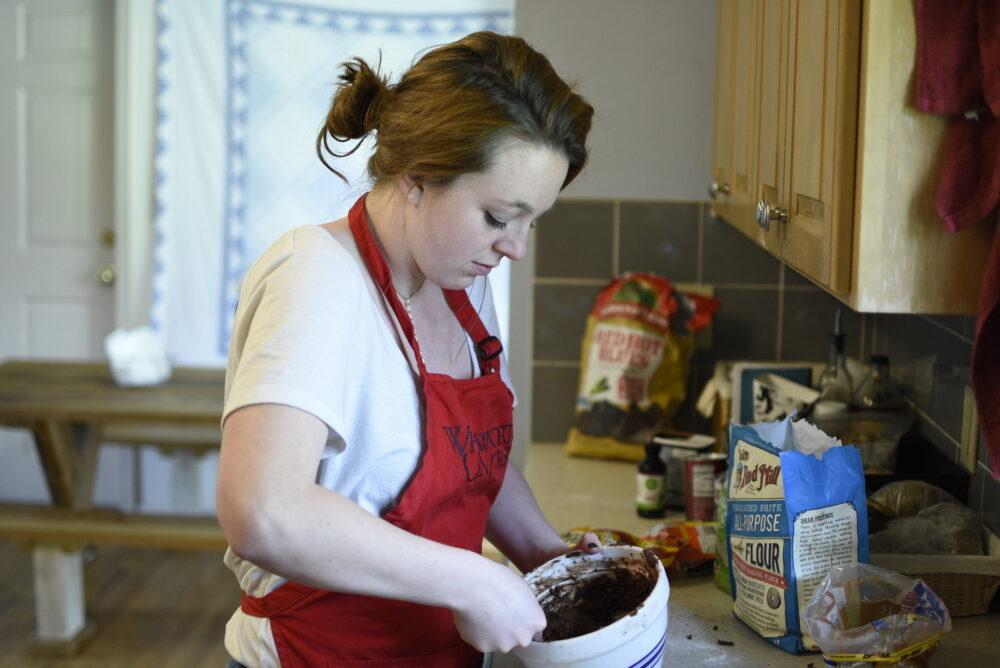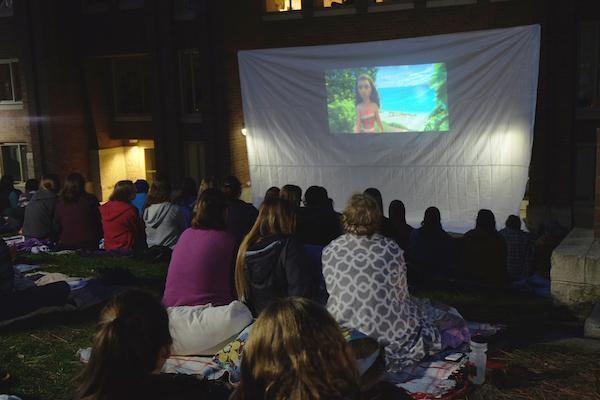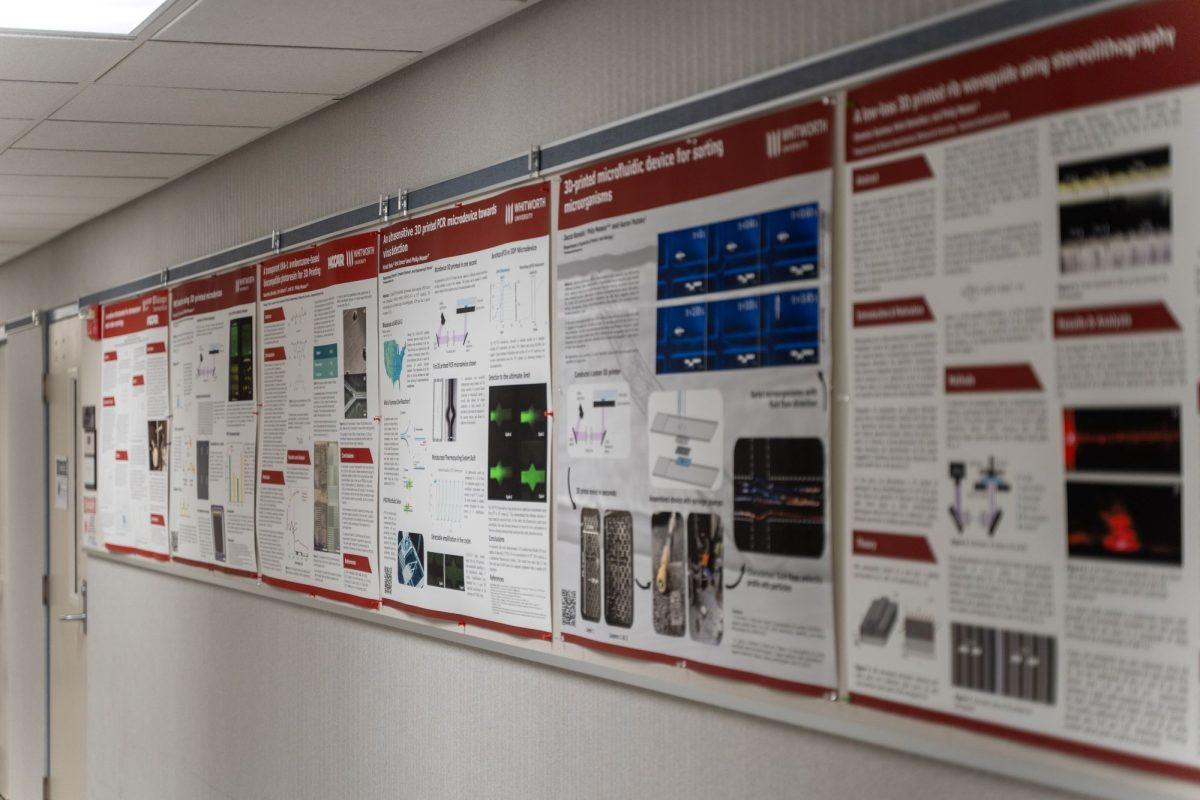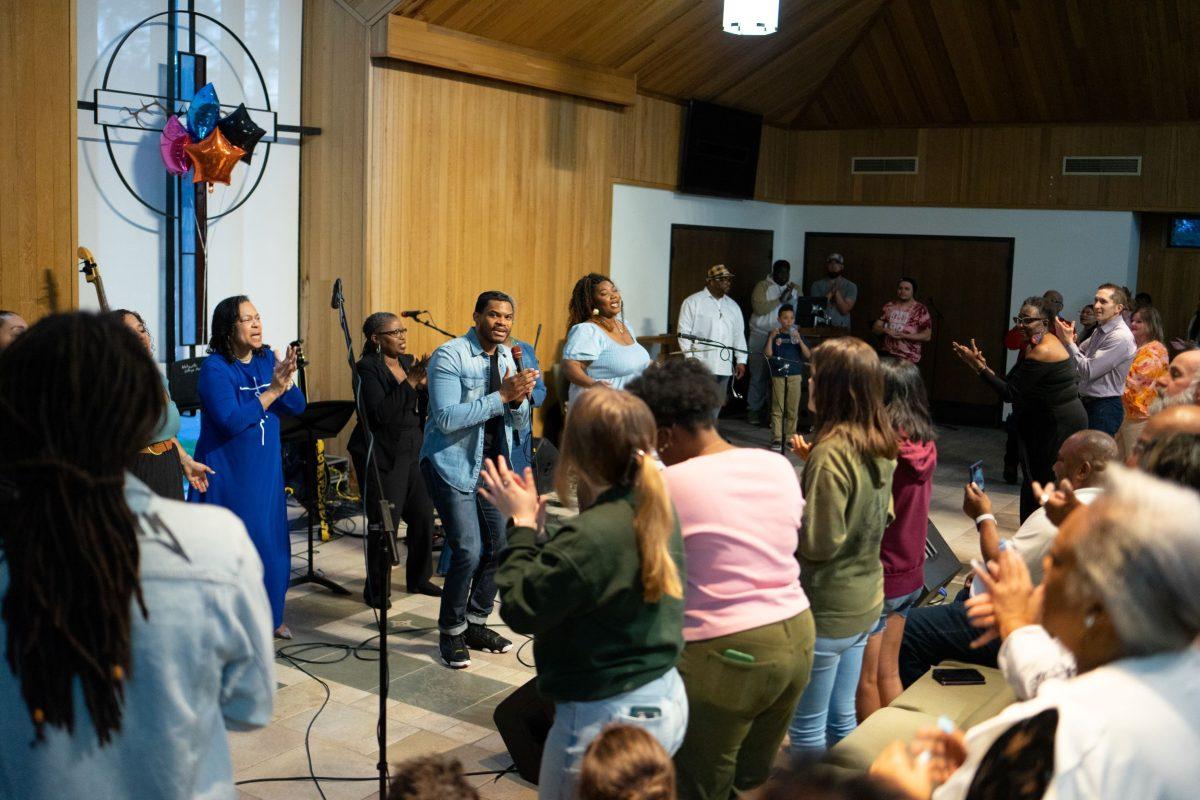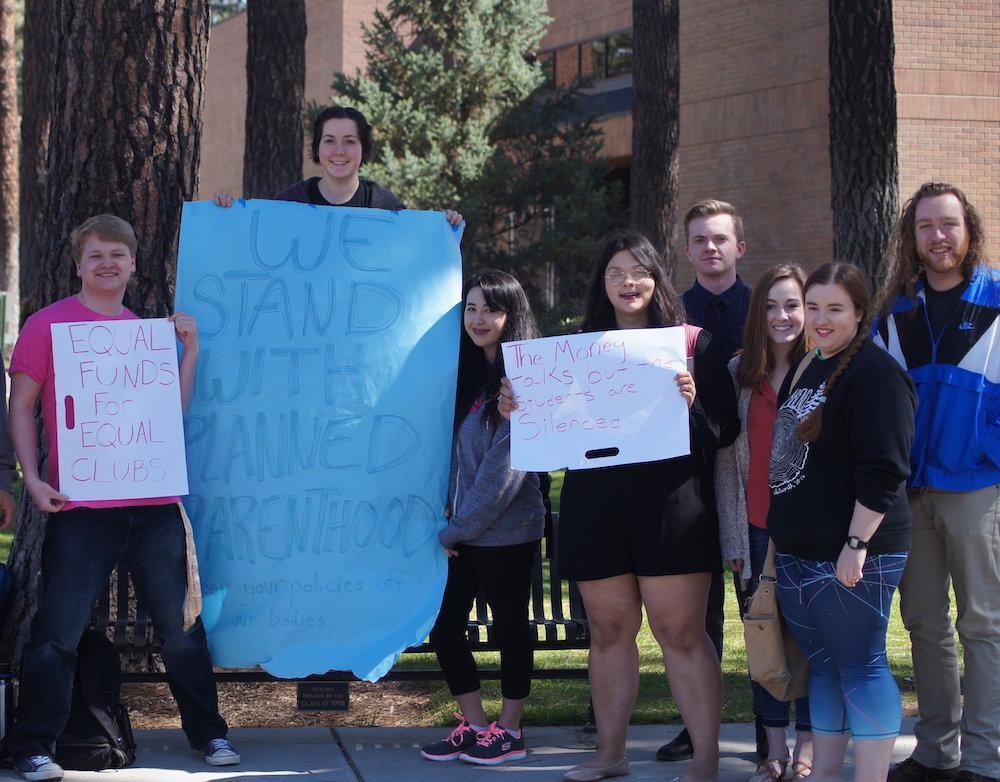
People with a history of arrest are sometimes unable to acquire a job or further education because of the employer’s caution and reluctance to accept someone with criminal history. The Ban the Box initiative is a campaign “to eliminate all forms of discrimination based on arrest or conviction records,” according to the movement’s website.
The campaign pushes for the removal of the question “Have you been convicted of a felony?” from applications to workplaces and even universities to lessen discrimination against people with a criminal past. The campaign also pushes for the removal because the criminal justice system is more likely to convict people of color than Caucasians who commit the same offenses.
Greg Orwig, vice president of admissions and financial aid, was a part of the Ban the Box discussion last summer. The Council of Christian Colleges and Universities, which represents Whitworth in Washington, D.C. was approached by the White House and asked if they would be willing to join the movement, Orwig said.
Whitworth University ultimately did not join the movement. Orwig believes that Whitworth has already applied many of the concepts of the movement. Due to that already present system of inclusion, Whitworth did not remove the question from its application.
“What we were not doing, and really do not have the bandwidth to do in a school our size, is to set up separate specific processes/program/outreach efforts just for population of formerly incarcerated students,” Orwig said. “We can’t have a separate admission process that would be just for that small percentage of numbers coming that way.”
Orwig emphasized that an applicant with criminal history is not immediately rejected, but carefully considered.
We are trying to be thoughtful and careful in looking at the whole picture.”
— Forrest Buckner, dean of spiritual life
“While we ask that question and we feel that we are primarily a residential campus, and while we need to know the criminal history of students who would be living in community with other students, it does not automatically lead to the student not being admitted,” Orwig said. “We feel like we need to know what that history is so we can weigh that and responsibility to the rest of campus community against our desire to helping a student who is trying to turn a page and move beyond their history.”
There is also a part of the Ban the Box initiative that brings to light the reality that minority groups are more likely to be convicted of a felony disproportionately to Caucasian offenders for the same crime. Whitworth acknowledges that concern in looking at applicants with criminal conviction histories.
Orwig said he understands that bias exists in the criminal justice system. He said that admissions would weigh other factors when looking at the case of a student who has committed a crime, especially a member of an underrepresented racial background.
“I think we can exercise good judgment and gather all information we think we need to ensure the safety and well-being of the whole campus community,” Orwig said.
Forrest Buckner, dean of spiritual life, commented on the disproportionate charges against people from minority groups in balance with campus safety.
“I do think it is important that we do not over-simplify and jump to conclusions either, because I think that would be wrong,” Buckner said. “We are trying to be thoughtful and careful in looking at the whole picture. For the Ban the Box movement, I think there is a great argument in saying we want to know if people have a felony and are coming to campus are going to live in a residential community. As a responsibility to these families, parents, and students, we have a responsibility to not put them in unsafe situations. That is part of our call, as I would say, as thoughtful Christians as well.”
Junior Hannah Howell acknowledges the imbalance of racial representation in the criminal justice system, and the effect that may have in asking applicants for their criminal history.
“I personally think it is fair to ask that question when you are building a community of students that will build and lift up one another,” Howell said. “I really appreciate Orwig’s stance that they take into account the social dynamics at play when it comes to minority students that may have faced an increased risk of exposure to the criminal justice system.”
The awareness of possible misrepresentation coincides with Whitworth’s desire for heightened student diversity. Whitworth has actively pursued population diversity in the student body for decades. Every year in recent history there are more students from under-represented ethnic backgrounds.
“The history of Whitworth really caring about diversity goes way back to the beginning,” Buckner said. “I think Whitworth from the very beginning, because of its Christian mission, has said ‘We care about the people who are marginalized, who are vulnerable, and who do not have the opportunities to get an education, and we want to find a way to do that well.’”
More information on the Ban the Box movement can be found online at bantheboxcampaign.org.


